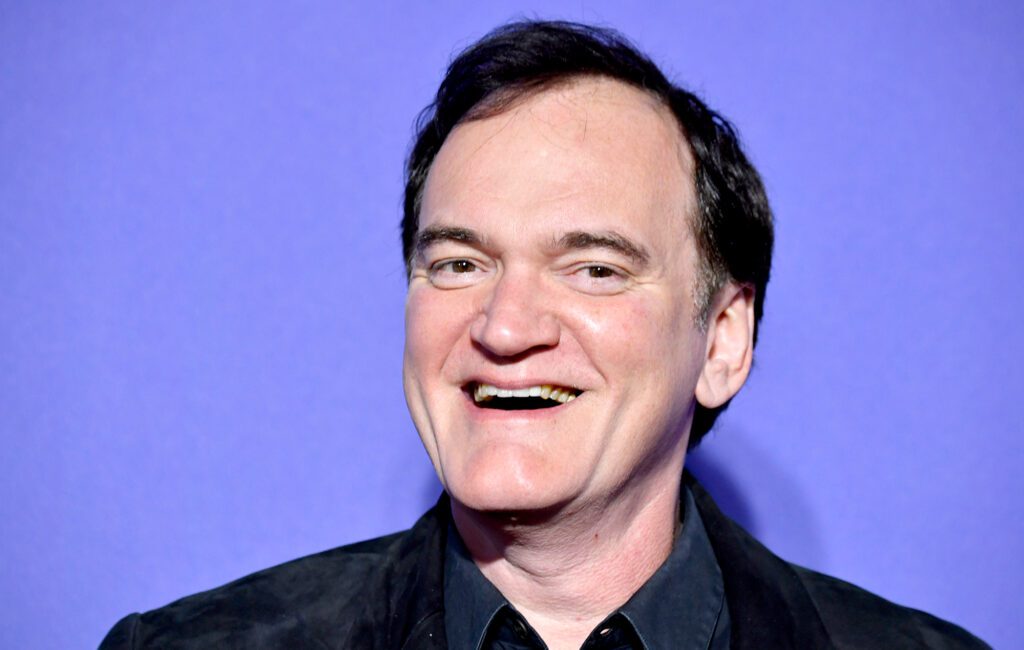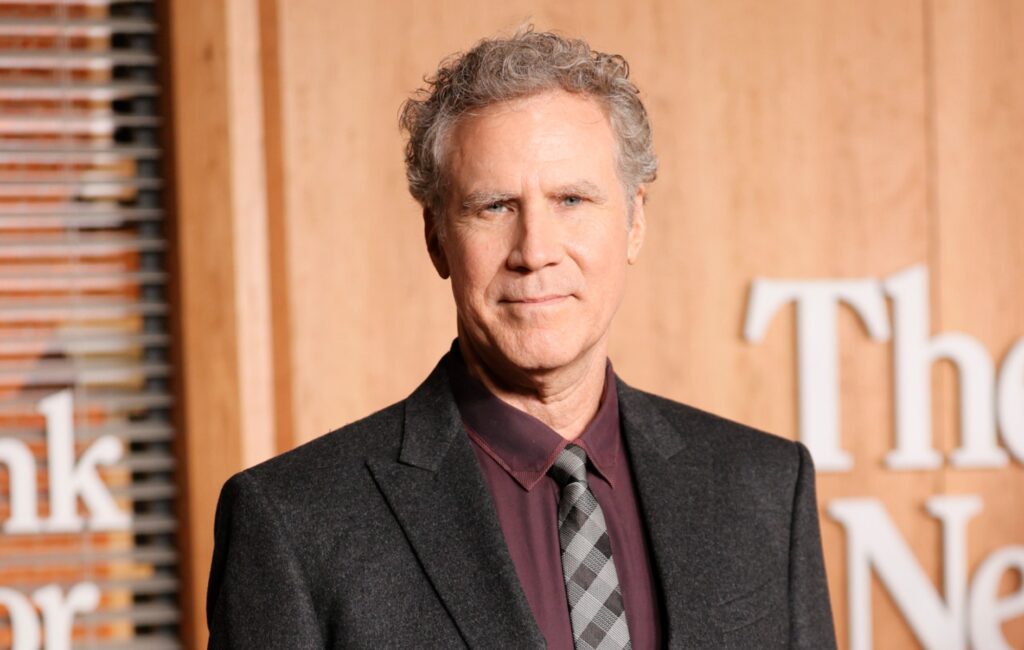Ralph Fiennes says J.K. Rowling “is not an über right-wing fascist”
 Posted On
Posted On
Ralph Fiennes has defended J.K. Rowling, saying the Harry Potter author is “not an über right-wing fascist”.
The actor, who played Lord Voldemort in the Harry Potter franchise based on books written by Rowling, spoke out against the controversy surrounding Rowling over the years regarding her comments about transgender women.
Rowling has been accused of transphobia after the last few years, after sharing her views about her belief in biological sex. The author recently wrote a new book about a character being persecuted for transphobic views.
“The verbal abuse directed at her is disgusting, it’s appalling,” Fiennes said in a new interview with the New York Times.
“I mean, I can understand a viewpoint that might be angry at what she says about women. But it’s not some obscene, über right-wing fascist.”
He added: “It’s just a woman saying, ‘I’m a woman and I feel I’m a woman and I want to be able to say that I’m a woman.’ And I understand where she’s coming from. Even though I’m not a woman.
“J.K. Rowling has written these great books about empowerment, about young children finding themselves as human beings. It’s about how you become a better, stronger, more morally centred human being.”

Rowling’s new book, published under her pseudonym Robert Galbraith, is titled The Ink Black Heart. Coming as part of her crime thriller series Cormoran Strike, it follows a character who has a public downfall following statements that were received as transphobic.
According to Rolling Stone, the synopsis of the book is as follows: “Rowling introduces readers to Edie Ledwell, a creator of a popular YouTube cartoon who sees internet trolls and her own fandom turn on her after the cartoon was criticised as being racist and ableist, as well as transphobic for a bit about a hermaphrodite worm.
The creator is doxxed with photos of her home plastered on the internet, subjected to death and rape threats for having an opinion, and was ultimately found stabbed to death in a cemetery. The book takes a clear aim at “social justice warriors” and suggests that Ledwell was a victim of a masterfully plotted, politically fuelled hate campaign against her.”


